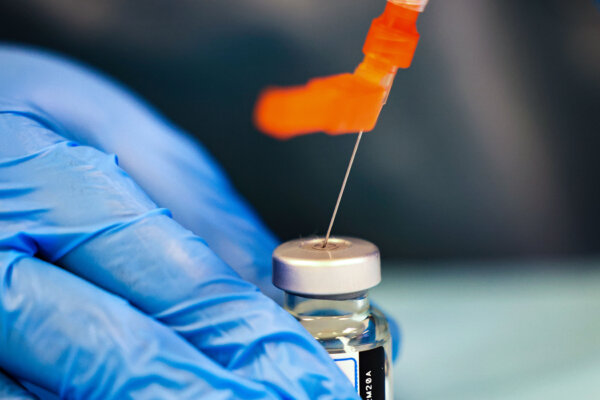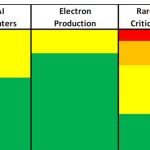![]() The Food and Drug Administration (FDA) has directed COVID-19 vaccine manufacturers to expand the warning for two forms of inflammation, according to letters made public on May 21.
The Food and Drug Administration (FDA) has directed COVID-19 vaccine manufacturers to expand the warning for two forms of inflammation, according to letters made public on May 21.
The companies must update labels to state that following administration of the 2023–2024 versions of the vaccines, “the highest estimated incidence of myocarditis and/or pericarditis was in males 16 through 25 years of age,” Forshee said. The highest estimated incidence of the post-vaccination inflammation is about 38 cases per million doses for both vaccines, according to the proposed update.
The current warnings say that the highest observed risk after Moderna vaccination is in males aged 18 to 24 and that the highest risk after Pfizer-BioNTech vaccination is in males aged 12 to 17.
The companies were also directed to add new information summarizing the FDA study, including that “at a median follow-up of approximately 5 months post-vaccination, persistence of abnormal cardiac magnetic resonance imaging (CMR) findings that are a marker for myocardial injury was common.” The updates should also state that “it is not known if these heart MRI findings might predict long-term heart effects of myocarditis,” according to the letters.
The letters are dated April 17. It’s not clear why they were not released until May 21. The FDA did not respond to a request for comment by publication time.
“Americans deserve radical transparency around the safety and efficacy of COVID vaccines and the FDA is delivering on their promise to do just that,” a spokesperson for the Department of Health and Human Services (HHS), the FDA’s parent agency, told The Epoch Times in an email.
The department stated that Pfizer and Moderna should take steps to ensure that individuals are aware of COVID vaccine-related adverse events resulting in myocarditis and pericarditis in their Spikevax and Comirnaty vaccines.
Under the Federal Food, Drug, and Cosmetic Act, the FDA has the authority to order updates to labels if the agency becomes aware of new safety information. Sources can include new analyses of existing information and information that has emerged since the last assessment of the products.
After a company receives a labeling notice from the FDA, it has 30 days to either submit a reply that agrees that an update is needed and outlines proposed labeling changes to reflect the new information or tell the FDA it does not think that a labeling change is warranted.
It’s not known whether any of the companies have challenged the directives.
BioNTech, Pfizer, and Moderna did not return inquiries by publication time.











